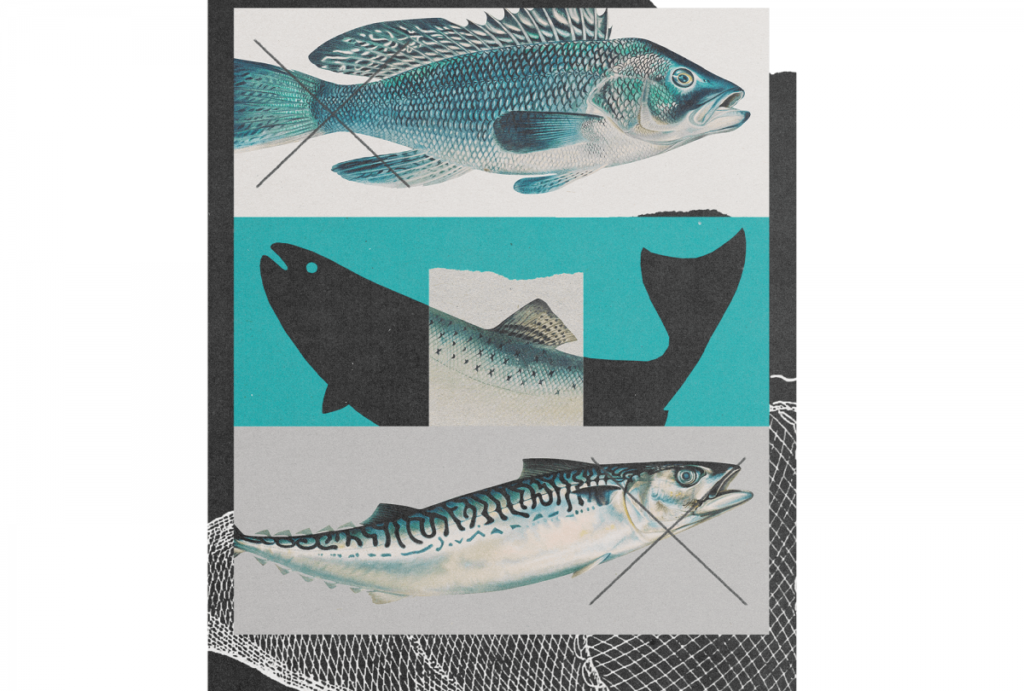Source: Fishing Against Empire | Sojourners
Restoring abundant harvests
BY GARY PAUL NABHAN

…MANY CHRISTIANS TODAY don’t seem too concerned—or are barely aware—that many fish stocks today can no longer make their annual “runs” or migrations that have gone on for millennia. They might ask, What does that have to do with our own spiritual pilgrimages? As if we are the only species that makes sacred journeys in this world!
As theologian Diana Butler Bass reminds us, most ministers routinely use the image of sacred waters in their preaching. But they make barely a single passing note of the global fishing crisis occurring in our rivers, inland lakes, and seas. She says we can do better because “the world’s waterways call us to practice social justice—to restore them, to make sure rich and poor alike have access, and to manage water in drought-stricken lands with creativity and foresight.”
We have an opportunity to make a difference and change how we regard Brother Tilapia and Sister Salmon. And there’s no time to lose. According to British fisheries journalist Charles Clover—whom I met on a panel at the international Slow Fish Expo—“We’re at the end of the line.” If we don’t stop squandering fish stocks, millions of people could starve. Pavan Sukhdev, of the U.N. initiative for greener economies, has warned that if there is not a fundamental restructuring of the global fish industry, we may encounter fish-free oceans and lakes by 2050.
What is a world with such a dearth of fish that children will grow up without ever having felt one wriggling in their hands? One where fish are absent from our lives?“The world’s waterways call us to practice social justice.” —Diana Butler Bass
The health of at least a billion people, mostly from poorer countries, who nutritionally depend on fish and shellfish as their main animal protein sources would be at risk. And that’s why efforts to restore their coastal, estuarine, and riverine nursery grounds give me so much hope. Where my wife and I spend time on the Gulf of California coast of Mexico, we are assisting the Comcáac Indian fishing communities in restoring mangrove lagoons and seagrass beds. That’s where dozens of finfish and shellfish mate, have babies, and feed. A single hectare of restored healthy mangrove habitat—hardly two and a half acres—brings $30,000 of edible fish and shellfish back to Gulf waters, in addition to hundreds of other nonedible but ecologically important species. The replanting of mangroves and eelgrass beds also creates jobs for youth. It is one of many means to offer long-term care for the bounty of fish.
Just as Jesus found fish in a place where his Galilean friends had given up thinking they could ever bring in an ample catch again, all of us can pray and work toward restoring abundant harvests wherever we live.
This article is adapted with permission from Jesus for Farmers and Fishers: Justice for All Those Marginalized by Our Food System, 2021 Broadleaf Books.
Leave a Reply